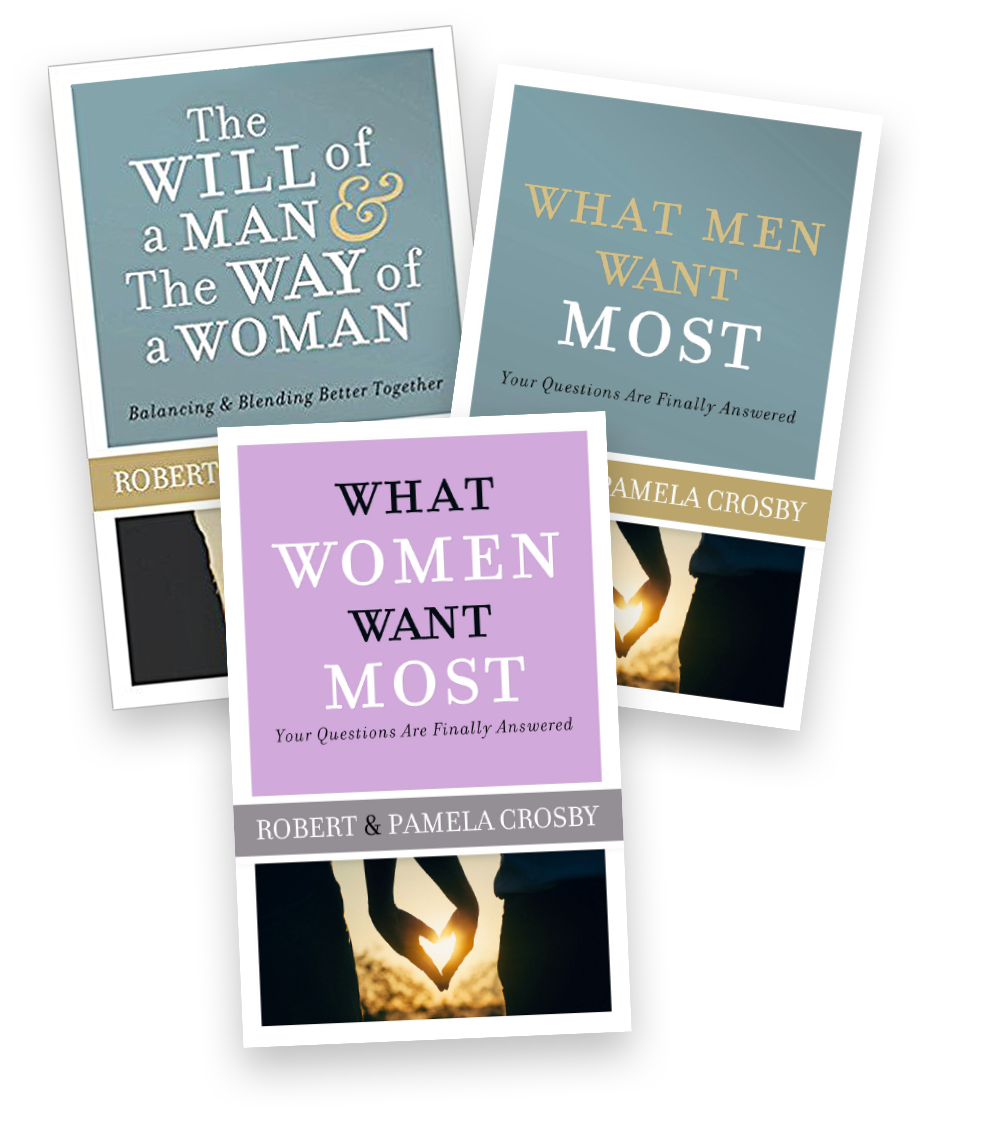Don’t Forget to Remember! – How Making & Marking Memories Brings Us Closer Together
Tim and Susan* walked into our office for their first-ever session of marital counseling. We detected right away the vast emotional disconnectedness between them. It required little expertise to do so. The atmosphere was like ice. They scooted their chairs a few more inches apart as they sat across from us. They both leaned on the outside armrests and looked straight ahead. If body language were audible, theirs would have been shouting: “WE ARE MILES APART!”
Emotional distance between couples, and between parents and their children for that matter, is painful to watch and more painful still to experience. Like a vast canyon or chasm, sometimes it seems that you will never be able to build a bridge big enough to span it. The great divides of unresolved tensions, unmet needs, unrealized expectations, hurtful words, and emotional neglect can become huge. Tense undercurrents form. Many hearts grieve silently. Many spirits remain scorched.
You can tell when a person has “closed their soul” towards you, can’t you? They pull away and avoid your presence. Their answers to your questions become monosyllabic. They refuse to make eye contact. Their countenance is sunken. Their posture often bent.
Counseling a couple in this state, or a mother and her daughter for that matter, is seldom easy. Melting emotional ice that has hardened for months, even years, can feel impossible. . .especially in the span of an hour-long session or two. Fortunately, we have discovered one tool God has given us that almost always opens a pathway to healing.
This “tool” is actually a powerful principle that I practice by asking a couple of questions such as these:
- Tell me. What was your relationship like when it was at its best?
- And, what are the fondest memories you have shared together?
Without exception, whenever we ask couples these question or similar ones, regardless of how “icy” the room has felt, we watch the same faces, that previously refused to look at one another, gradually turn and smile as some of the good memories become dusted off in their minds. After ten or twelve minutes of reminiscing, warmth begins to reenter the room, postures relax and sentences become more full and vivid. Somehow, hope reemerges.
- “I remember the time we hiked up Mount Major and had a picnic together.”
- “It was the end-of-the-day walks on the beach during our honeymoon.”
- “It was all those late night runs to the donut shop at our first apartment.”
But just what is it that occurs in such a moment?
We call it THE PRINCIPLE OF REMEMBRANCE.
The Principle of Remembrance is a key to refreshing our relationships. God has wired us in such a way that in order to have our souls and our relationships refreshed we must not forget to remember. Unfortunately, however, our human tendency is to reflect on life’s negative experiences, on the problems in our relationships, on the struggles and failures, to fret and to worry about today’s problems or tomorrow’s possible ones. The Bible instructs us to do just the opposite.
Marking Moments, Making Memories
David learned to refresh his relationship with God by simply remembering his faithfulness. The book of Psalms itself is a record of David’s memories of God’s goodness in his life and in the nation of Israel (“O Lord God Almighty, who is like you? You are mighty, O Lord, and your faithfulness surrounds you.” Ps. 89:8). Whenever David began to be emotionally overwhelmed with whatever life was dealing him, he would pause and remember the “good times” in his walk with God . In like manner, a wise spouse and parent will take time to remember the good times they have had in their family relationships.
Memories of precious and meaningful times renew something within us as couples, as parents, as Christians. Paul the Apostle refreshed his “joy” regularly by remembering the people in his life. Because relationships mattered to him, he felt it important to renew the emotional bonds regularly through the Principle of Remembrance. Not only did he take time to remember the “good times”, he communicated this freely to the people in his life.
When he wrote to the Philippians:
“I thank my God every time I remember you.” (Philippians 1:3)
And to the Hebrews:
“Remember those earlier days. . .” (10:32).
God marks moments like no one else can. He marked a promise he made to Noah with a rainbow and one he made to Moses with a covenant finger-etched in stone. He marked a moment of his delivering power with the Passover Feast celebrated by many to this day.
In the New Testament, in addition to Paul’s practice, even Jesus marked a moment in time for eternity. As he gathered with his disciples during the last week of his life and ministry on earth, he presented them with bread and wine and said: “Do this in remembrance of me (Luke 22:19).” Thus, he not only established an ordinance of the church, he did something even more personal – he created a memory as he marked a moment. And what a powerful impact that memory has had throughout the ages in the lives of Christians around the world. He wanted his spiritual family, his “brothers”, not to forget to remember.
Good memories can be a gift from God to help heal our souls. Even the Prodigal Son did not begin to heal until he began to recall the “good memories” of what life was like under the care of his loving father: “When he came to his senses, he said, ‘How many of my father’s hired men have food to spare, and here I am starving to death! I will set out and go back to my father. . .” (Luke 15:17-18a).
A survey was taken not many years ago of a cross-section of elderly people. They were asked: “If you could live life over what would you do differently?” There answers were revealing. The top three responses were: (1) “I would risk more”, (2) “I would reflect more”, and (3) “I would invest myself in things that would outlive me.”
Number Two in this list challenges me the most: “I would reflect more.” When we take time to remember, we take time to “reflect.” In our haphazard busy work-a-day world, sharing memories of great times together as a couple or as a family has a great way of recharging our relational batteries. When a husband reminds his wife of a great date they once had. When a mom pops in a family video of how they spent an earlier Christmas together. When a dad looks into his daughter’s face and says, “I am so glad I get to be your dad.” When a wife expresses how much she appreciates the time her husband takes with her. Each of these is a way to mark a moment and to make a memory.
Take the time today to recharge the relationship batteries with your spouse or your kids. God has given us an incredible tool called The Principle of Remembrance. Ask yourself this: Am I rehearsing the good memories or just the bad ones?
And whatever you do . . . don’t forget to remember!
Apply It to Your Life: 3 Memory Makers
- On your way home from work, find a landmark that you will use every day as a reminder to think about your family and how you can create a moment and make a new memory when you get home.
- Ask yourself: “I wonder how my spouse is doing today and what I can do to make a significant memory in their life and our relationship, … TODAY?”
- Ask yourself: “I wonder how my son or daughter is doing today and what I can do to make a significant memory in their life and our relationship, … TODAY?”
ROBERT and PAMELA CROSBY are the Co-founders of Teaming Life (teaminglife.com), investing their lives in men and women who desire to live as Teaming Couples, Teaming Families and equipping leaders to build strong Teams in the Church and Marketplace. Robert’s works include The Teaming Church: Ministry in the Age of Collaboration and The One Jesus Loves. Together they have written, The Will of a Man and the Way of a Woman, recently released.
*Names changed.








